Introduction: A Journey of Escape
Marco’s story begins in a region ravaged by conflict, where war tore apart the fabric of society and threatened the very existence of families like his. Growing up amidst violence and instability, Marco witnessed friends and loved ones fall victim to the turmoil that enveloped his homeland. The harsh realities of daily life were marked by sirens, destruction, and fear, pushing him to make the heartbreaking decision to leave everything behind in search of a better life.
The conflict that displaced Marco was not merely a political struggle; it was deeply personal. It was a battle for survival, forcing him to confront the unbearable choice between remaining in a place he called home and risking his safety or venturing into the unknown. Marco’s determination to protect his future led him to embark on a perilous journey towards Italy, motivated by the hope of finding sanctuary and stability. The path to safety was fraught with challenges, including harrowing journeys across borders and navigating unfamiliar territories, often under the cover of darkness.
Upon arriving in Italy, Marco faced an array of obstacles that tested his resilience. The initial excitement of reaching a new country quickly gave way to feelings of isolation and uncertainty. Language barriers and cultural differences created an overwhelming sense of disconnection, making it difficult for him to forge relationships and integrate into society. As Marco struggled to find his place in this new environment, he grappled with the haunting memories of his past and the weight of his current circumstances.
Marco’s journey as a refugee brings to light the profound emotional and psychological challenges faced by individuals fleeing conflict. His experiences illustrate not only the struggle for physical safety but also the quest for belonging and hope in an unfamiliar world. The resilience he musters amid these trials serves as a testament to the human spirit’s capacity for endurance and renewal.
Arriving in Italy: First Impressions and Challenges
Upon arriving in Italy, Marco was met with a whirlwind of contrasting emotions. The vibrant energy of the streets filled with people, colorful markets, and historic architecture was awe-inspiring. However, this initial enchantment was quickly shadowed by a profound sense of isolation and confusion. As a refugee, Marco faced a unique set of challenges that stemmed not only from his physical relocation but also from the cultural shock that accompanied it.
The language barrier proved to be one of the most daunting obstacles that Marco had to confront. With limited Italian language skills, simple interactions became formidable tasks. Ordering food, asking for directions, or even engaging in casual conversations left him feeling vulnerable and frustrated. The inability to communicate effectively created a feeling of displacement, as he struggled to connect with those around him. The swift cadence of spoken Italian often felt overwhelming, especially in bustling public spaces.
Moreover, the cultural differences added another layer of complexity to Marco’s adjustment process. While the welcoming nature of many Italians offered moments of warmth, the unfamiliar customs and social norms sometimes left him feeling like an outsider. Navigating the bureaucracy of asylum procedures was another significant challenge. Lengthy paperwork and the unknowns surrounding his legal status added stress and uncertainty to his new life.
Despite these hurdles, Marco’s resilience emerged as a driving force in his journey. He sought assistance from various local organizations that provided language classes and social services for refugees. This proactive approach facilitated gradual integration into his new environment. Although the path was fraught with difficulties, each small victory contributed to a growing sense of hope and connection to his new home.
The Struggle of Adjustment: Loneliness and Isolation
Adjustment to a new environment often presents significant challenges, especially for refugees like Marco, who have fled their homeland in search of safety and a better future. Upon arriving in Italy, Marco faced an overwhelming sense of loneliness that stemmed from leaving behind his family, friends, and familiar surroundings. The emotional toll of displacement can lead to various psychological struggles, with isolation becoming a common theme among individuals in such circumstances.
Selecting a new country as their refuge does not erase the complex feelings of loss and mourning that refugees endure. Marco found himself navigating through a world where the language, culture, and social norms were foreign to him. This profound sense of alienation often amplified his feelings of loneliness, making it difficult to establish connections and forge new relationships in his adopted community. Without a robust social network, the struggle to maintain mental well-being became an arduous task, intensifying the sense of isolation that often accompanies the refugee experience.
Additionally, the persistent challenge of adapting to new societal expectations added to Marco’s struggles. Despite harboring dreams of creating a stable life in Italy, the weight of his past experiences lingered. As he grappled with his new reality, confronting the psychological aspects of loneliness became essential. The ability to openly share his emotions and experiences with others in a supportive environment could greatly alleviate his sense of isolation. However, such opportunities may be elusive for many refugees, including Marco, who may find themselves surrounded by a community that does not fully understand their journey.
Over time, Marco learned to confront his loneliness by seeking out community support services and engaging with local organizations committed to assisting refugees. This shift marked the beginning of his journey toward adjustment, as he started to build a sense of belonging amidst the challenges he faced. Ultimately, while the struggle with loneliness and isolation remains an ongoing battle, it serves as an important aspect of the broader refugee experience in their quest for hope and stability.
A Chance Encounter: Meeting Julia
Amidst the bustling activity of a refugee support center in Rome, Marco found himself navigating a world that felt both familiar and alien. After days of uncertainty following his arrival in Italy, a chance encounter would prove pivotal in his journey. It was during one of the center’s busy afternoons that he first crossed paths with Julia, a compassionate volunteer who had traveled from Germany to lend her support to those seeking refuge.
Julia’s warm smile and approachable demeanor instantly put Marco at ease. As they began to converse, he discovered that she had dedicated her time to understanding the struggles faced by refugees in their quest for safety and stability. Julia listened intently as Marco shared snippets of his harrowing journey, allowing him to express the weight of his experiences without fear of judgment. This genuine connection created a bridge between their vastly different backgrounds, highlighting the shared human experience of longing for hope and belonging.
What struck Marco the most was Julia’s unwavering commitment to assist him and others like him. She explained her motivation for volunteering, driven by the belief that every person deserves dignity, compassion, and care, regardless of their circumstances. As they continued speaking, a bond began to form, and Marco felt a flicker of hope ignite within him. This initial interaction became a catalyst for what would evolve into a nurturing relationship, where Julia not only provided practical help but also encouraged Marco to envision a future beyond his nightmares. The seeds of resilience took root in the fertile ground of their newfound friendship, demonstrating how even in the bleakest of circumstances, kindness can illuminate the path forward.
Discovering the Support Group: A New Community
Upon arriving in Italy, Marco found himself navigating a complex landscape of emotions, fears, and uncertainty about his future. It was during this tumultuous time that he was introduced to a local support group for refugees, facilitated by a compassionate woman named Julia. The group aimed to provide a safe space for individuals who had faced adversity and sought solace in community and understanding. This initiative played a critical role in Marco’s journey, helping him transition from isolation to connection.
The support group brought together a diverse array of members, each with their unique stories, backgrounds, and experiences. Refugees from various countries gathered, creating a rich tapestry of cultures that offered Marco a chance to connect with others who shared similar struggles. The diversity of the group was evident in the array of languages spoken and the varying traditions shared during meetings. This multicultural environment fostered a sense of belonging that Marco had longed for since arriving in Italy.
Initially hesitant, Marco soon realized the value of attending these group sessions. Each meeting consisted of open discussions, where members could share their experiences, fears, and dreams in an accepting atmosphere. Julia led these sessions with empathy, ensuring that everyone felt seen and heard. It was through this supportive framework that Marco began to rediscover his self-worth and resilience. The understanding he received from his peers served as a powerful reminder that he was not alone in his struggles, igniting a profound sense of hope and encouraging him to envision a brighter future.
As the weeks progressed, Marco’s commitment to the group deepened. He forged friendships with fellow members, engaging in shared activities that further strengthened their bonds. This newfound community not only provided emotional support but also became a crucial resource for him in navigating the complexities of life as a refugee in a foreign land.
Sharing Stories: The Power of Connection
In various aspects of human life, sharing personal experiences plays a vital role in fostering connections and understanding. Within Marco’s support group, this dynamic is particularly evident as members gather to share their narratives of hardship and resilience. This sharing of stories acts as a bridge, connecting individuals from diverse backgrounds, each with their struggles, yet united by the common theme of seeking hope amidst adversity.
Marco, having endured significant challenges as a refugee in Italy, finds solace in articulating his journey to the group. His willingness to open up about the trials he faced not only facilitates his healing but also invites others to recount their experiences. This shared vulnerability creates an environment of empathy where members actively listen and support one another. Through these interactions, participants discover that they are not alone in their experiences; their stories resonate with others, forging a sense of community.
The psychological benefits of storytelling cannot be understated. Each member’s tale contributes to a collective healing process, where shared pain transforms into a narrative of survival and hope. Marco’s experiences echo the stories of other refugees, revealing the universal nature of struggle and resilience. By listening to one another, individuals in the group cultivate a profound connection that transcends language barriers and cultural differences, thus reinforcing the idea that stories have the power to heal.
As the group continues to meet, the act of sharing stories becomes a therapeutic ritual. Emotional barriers begin to dissolve, leading to deeper connections among members. The stories not only reflect past struggles but also inspire new perspectives, encouraging everyone to envision a future filled with possibility and renewed hope. Ultimately, Marco’s journey illustrates just how powerful the act of sharing can be, transforming lives through connection and understanding.
Finding Hope: Building a Sense of Belonging
Marco’s journey as a refugee in Italy has been marked by a series of struggles, yet one of the most profound transformations he has experienced is the development of a sense of belonging within his support group. This community serves as a beacon of hope, allowing individuals like Marco to forge connections with others who have faced similar adversities. The shared experiences of displacement, loss, and the quest for a new life bring them together, creating a bond that transcends language and cultural barriers.
As Marco actively engaged with the group, he found solace and understanding in the stories of others. The mere act of sharing his experiences and listening to those of fellow refugees created a space where vulnerability was welcomed, and resilience was celebrated. This interaction not only fostered trust among the members but also provided an avenue for emotional healing. The realization that he was not alone in his struggles allowed Marco to cultivate a renewed sense of self-worth and direction.
The support group’s role in Marco’s life cannot be underestimated. Through shared activities—such as cooking traditional meals, participating in cultural presentations, and joining in group discussions—Marco began to build interpersonal relationships that anchored him in his new environment. These moments shared with others became crucial pillars of support, nurturing a sense of identity and belonging that he had longed for since arriving in Italy.
In essence, by surrounding himself with individuals who shared similar life experiences, Marco discovered a profound sense of hope. It reinforced the understanding that even in the face of adversity, communal bonds can provide the strength needed to navigate the challenges of integration. Therefore, building relationships contributes significantly to resilience, enabling individuals to forge ahead despite the intricacies of their pasts. Ultimately, it is this collective spirit of hope that sustains Marco on his transformative journey.
Overcoming Trauma: Steps Toward Healing
In the context of refugee experiences, trauma can significantly impact an individual’s mental health and overall well-being. For Marco, the journey to healing from the emotional scars of displacement has been profoundly influenced by the support he has received from group therapy. Group support serves as an essential therapeutic aspect in rebuilding a sense of stability and promoting personal growth following traumatic experiences. Within a safe and understanding environment, individuals like Marco come together to share their stories, which helps in recognizing that they are not alone in their struggles.
The establishment of trust and camaraderie among group members fosters an atmosphere where individuals can openly discuss their fears, anxieties, and feelings of isolation. Such a collective effort not only provides emotional relief but also contributes to better coping strategies. Members may find solace in understanding that others have faced similar challenges, allowing them to embrace vulnerability without fear of judgment. This cooperative healing approach can particularly benefit refugees, as it helps to bridge cultural gaps and encourages social connections that are often lost during the displacement process.
Access to mental health resources, including professional counseling and peer-led support groups, is vital in aiding Marco’s recovery. Various organizations in Italy have recognized this need and provide tailored programs that address the unique requirements of refugees, offering psychological support that promotes emotional resilience. By working through trauma within a group setting, Marco has developed both a renewed sense of hope and coping mechanisms that empower him to navigate the complexities of his new life.
The journey towards emotional recovery is rarely a linear path; however, through consistent group support and available mental health resources, refugees like Marco can gain invaluable tools necessary for overcoming their pain and moving forward with their lives.
Conclusion
Marco’s journey as a refugee in Italy exemplifies the profound impact that community and support can have on individuals facing immense struggles. Throughout his experience, it has become evident that healing and rebuilding lives often hinges on the connections made with others. For refugees like Marco, who are navigating the complexities of displacement, the need for understanding and compassion cannot be overstated.
The local community played a pivotal role in Marco’s adaptation to life in Italy. From language classes to cultural integration initiatives, the efforts of community members provided not only practical assistance but also a sense of belonging. This support system has significant ramifications, as it fosters resilience and empowers refugees to envision a hopeful future. By creating inclusive environments, communities can help mitigate the feelings of isolation that many refugees experience during their transition.
Moreover, Marco’s narrative underscores the importance of empathy in the realm of refugee experiences. It reveals how communities can transform lives through simple acts of kindness, thereby paving the way for healing. When individuals extend compassion to refugees, they contribute to a larger narrative of hope—one that can inspire others to take action and show solidarity. In these moments, the dignity of every person is recognized, promoting the idea that everyone deserves a chance to rebuild their lives free from adversity.
As we reflect on Marco’s story, we are reminded that the strength of community and support is crucial in the face of struggle. By coming together, individuals can uplift one another, fostering resilience that can transcend even the most challenging circumstances. It is through understanding and compassion that we can collectively strive to create a more inclusive society, where hope can flourish amidst hardship.
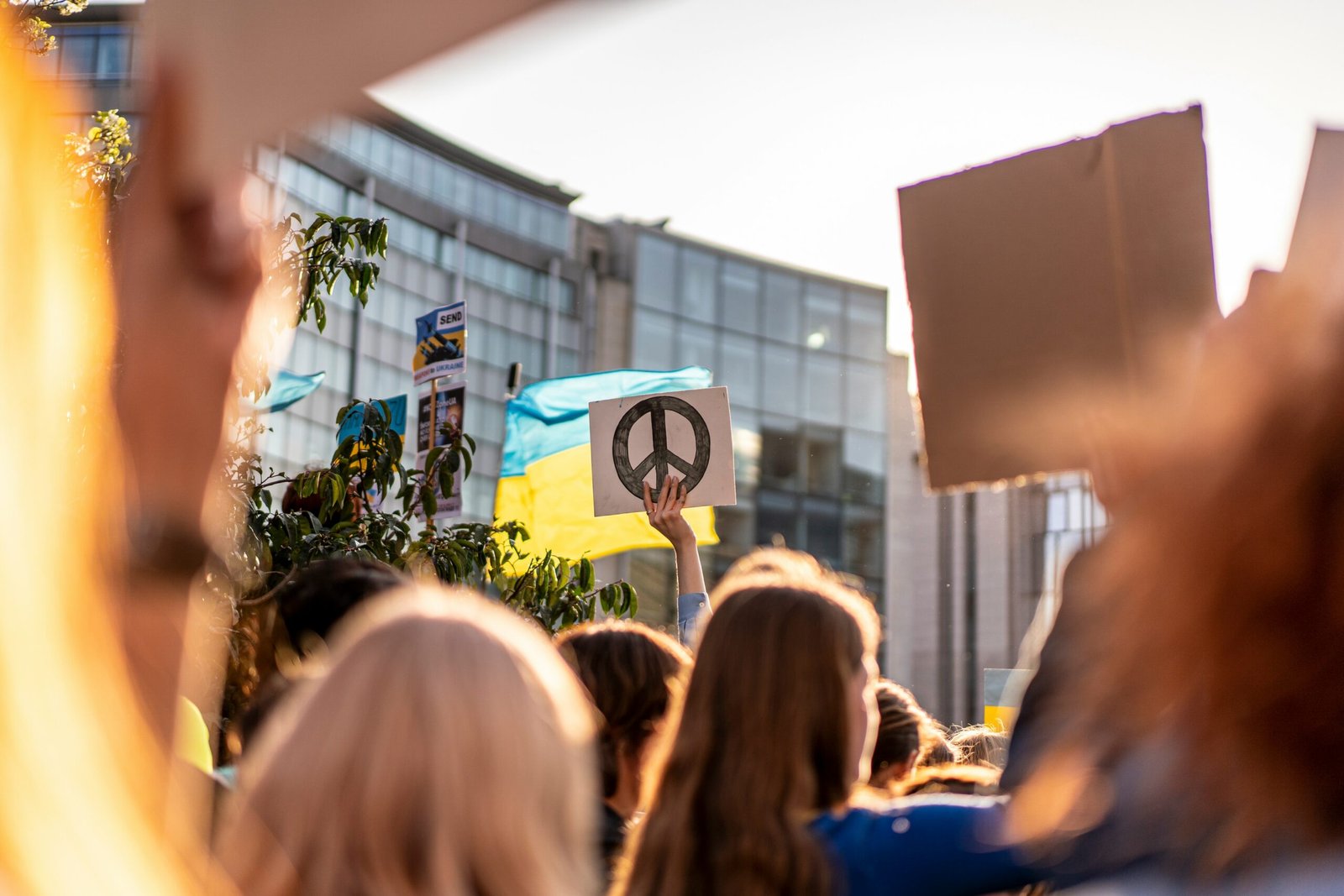
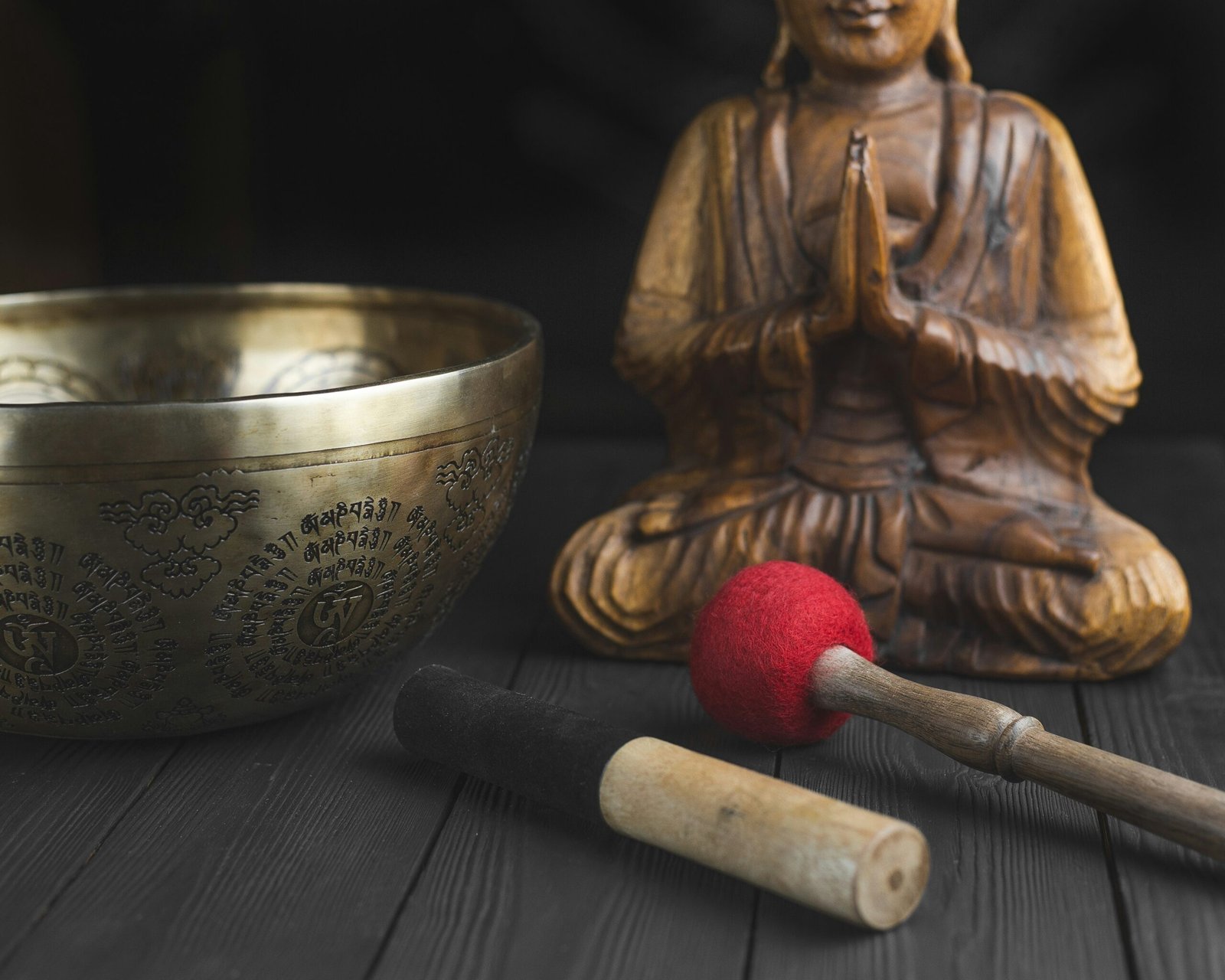
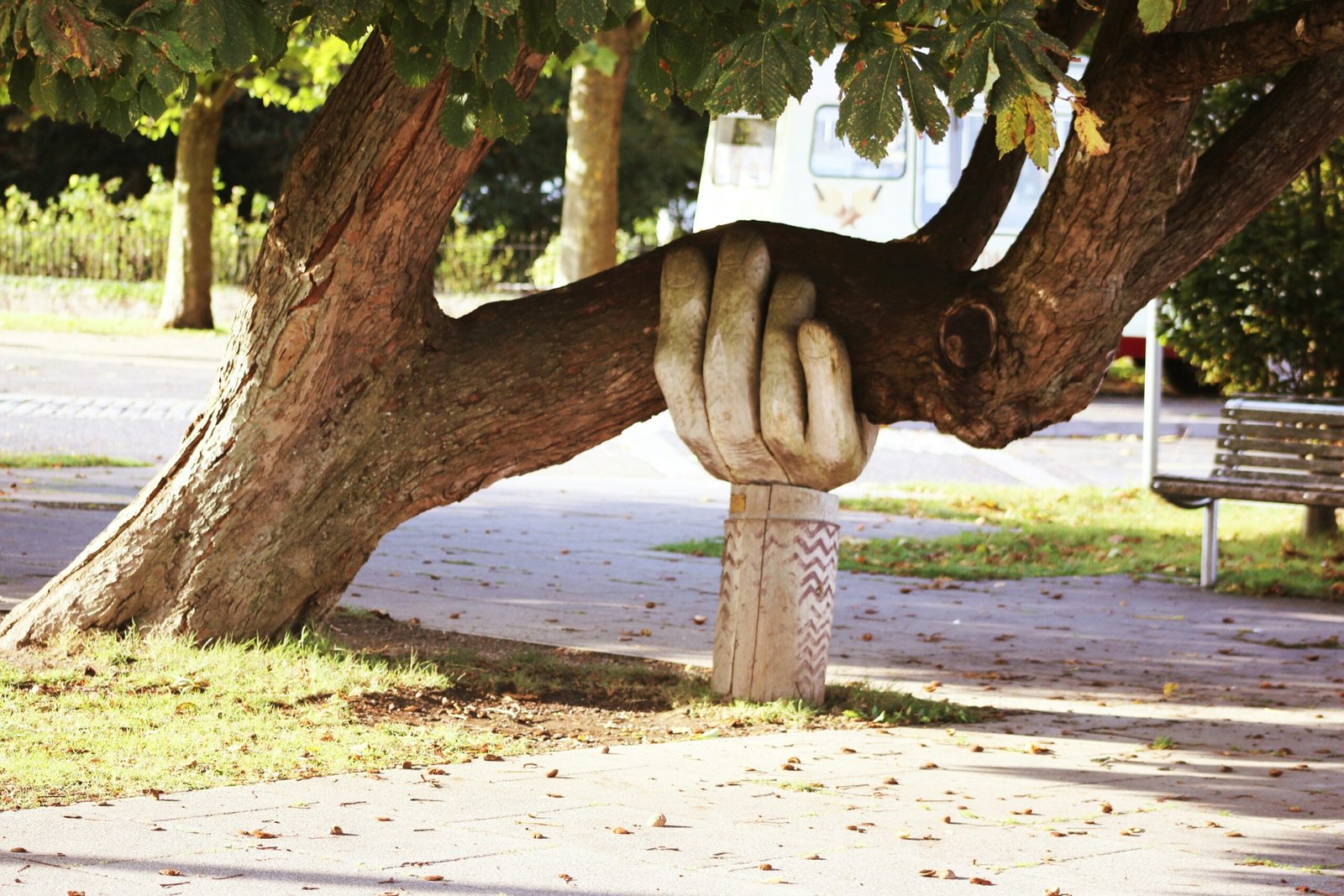

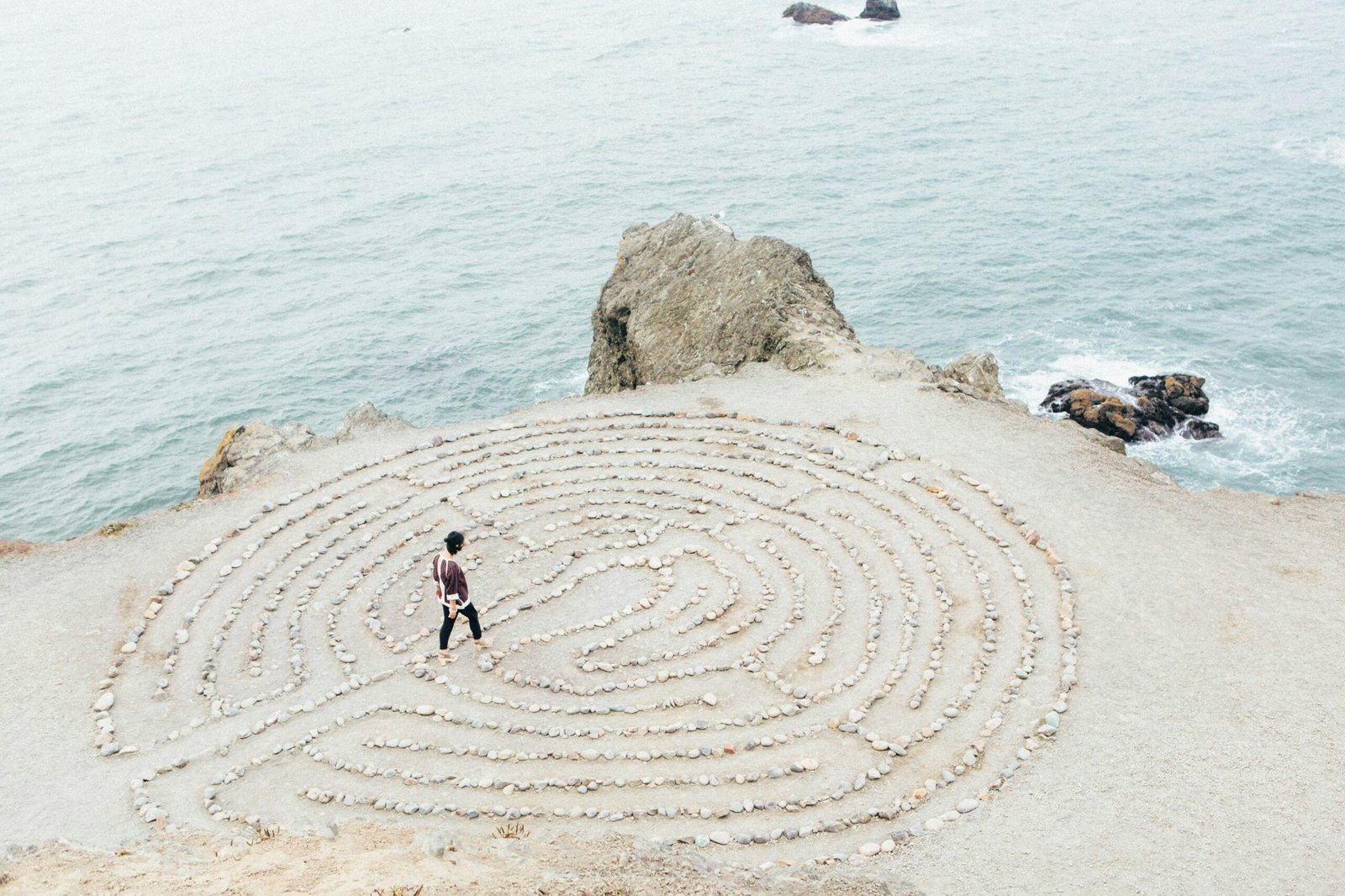

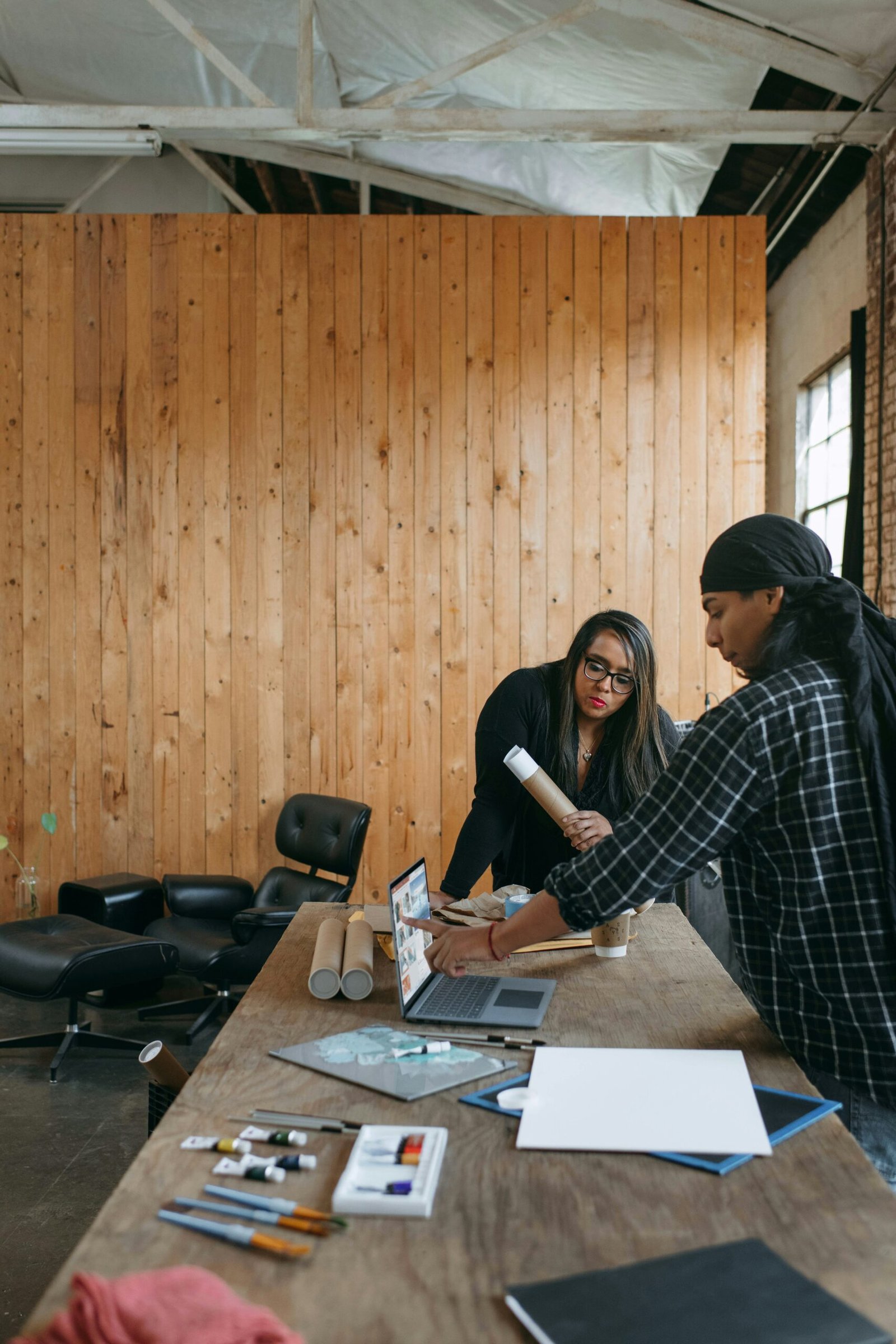
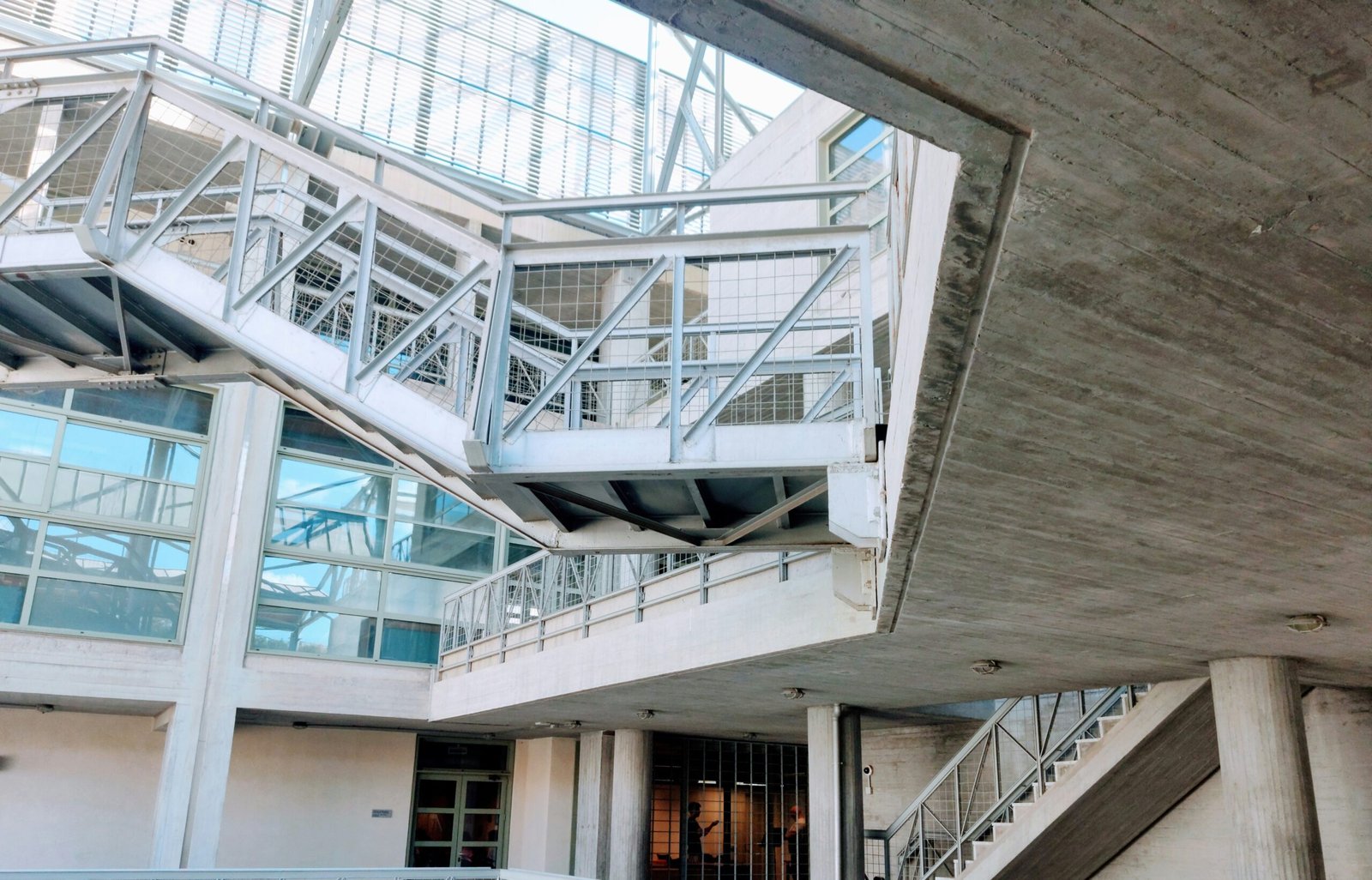


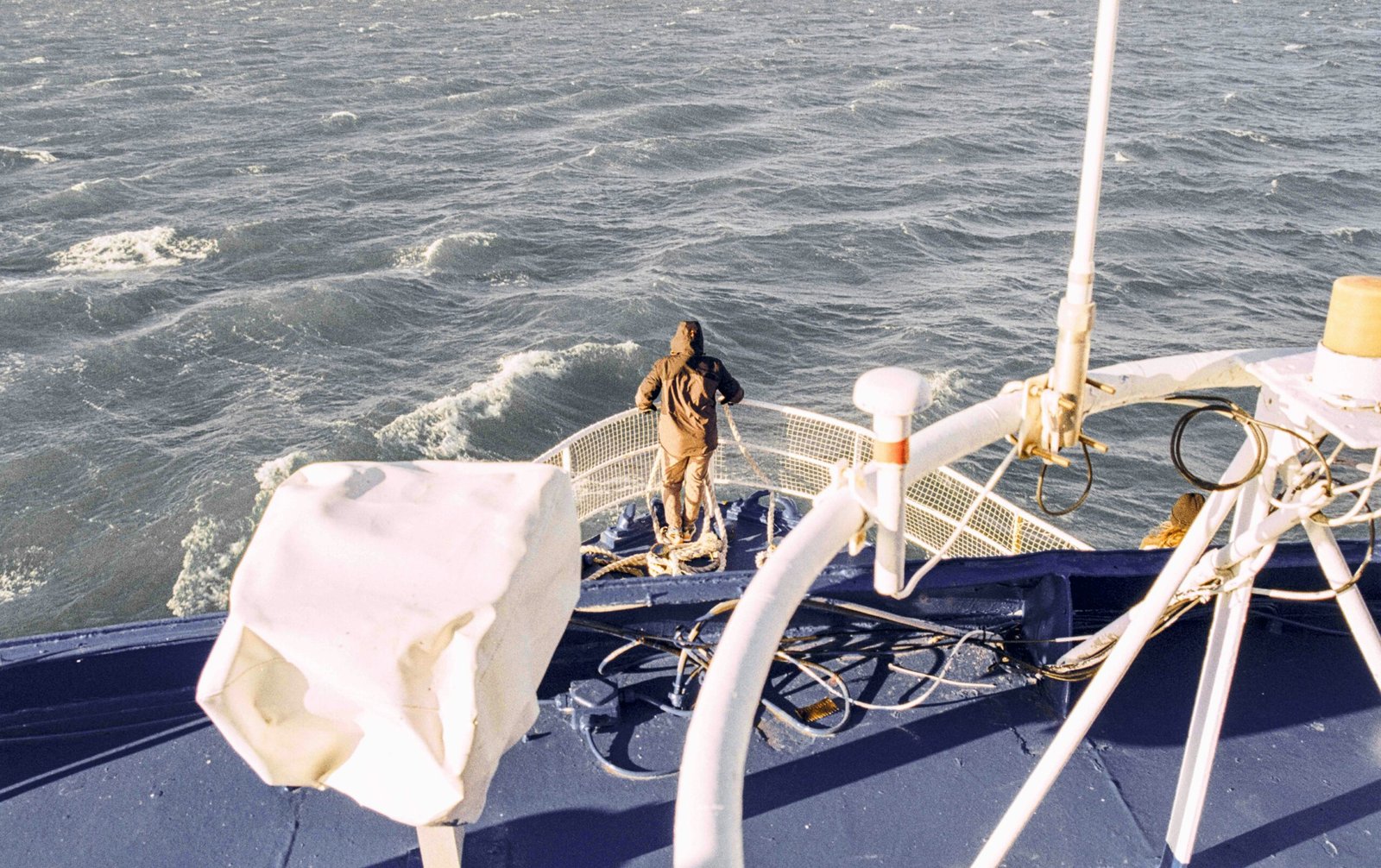
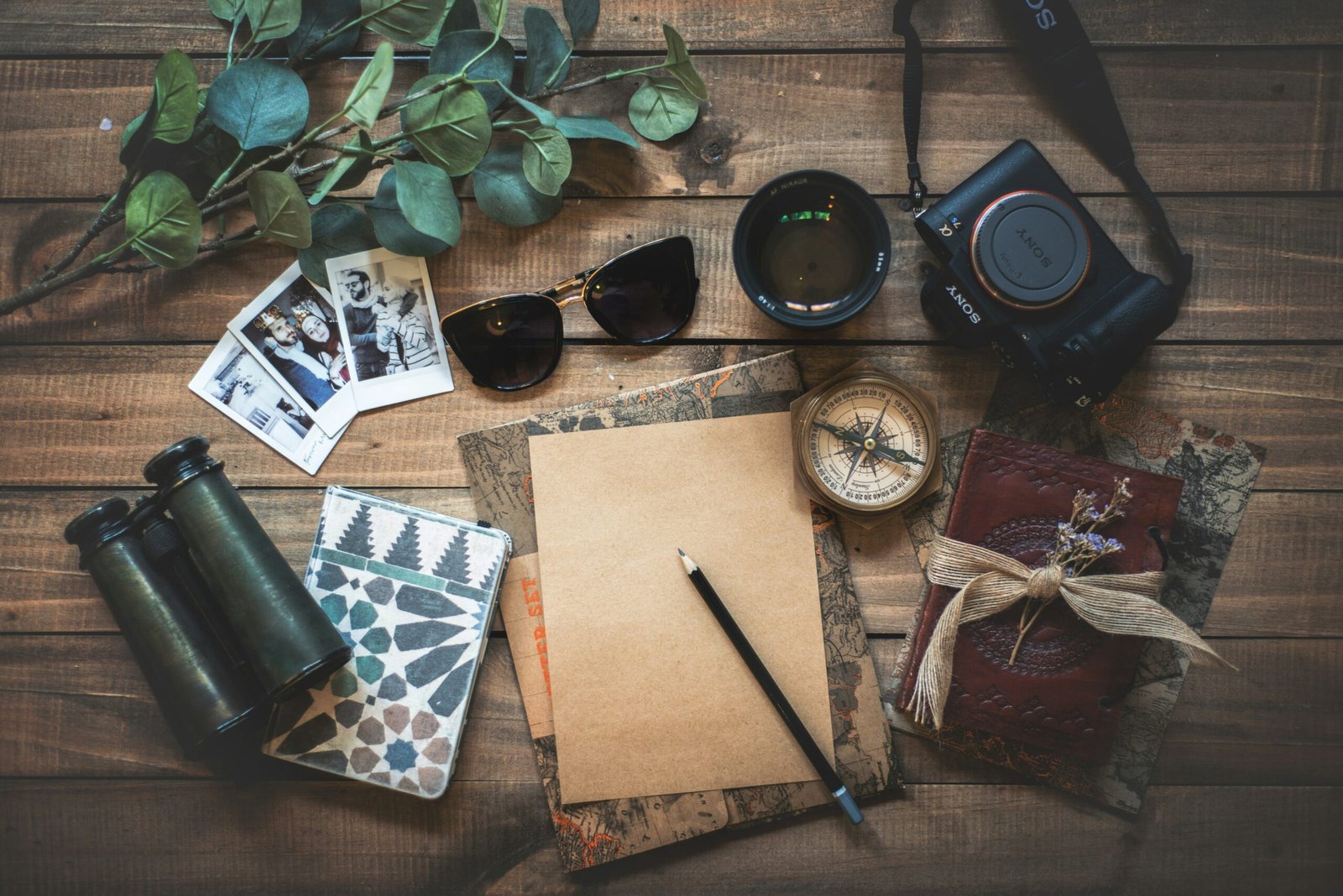

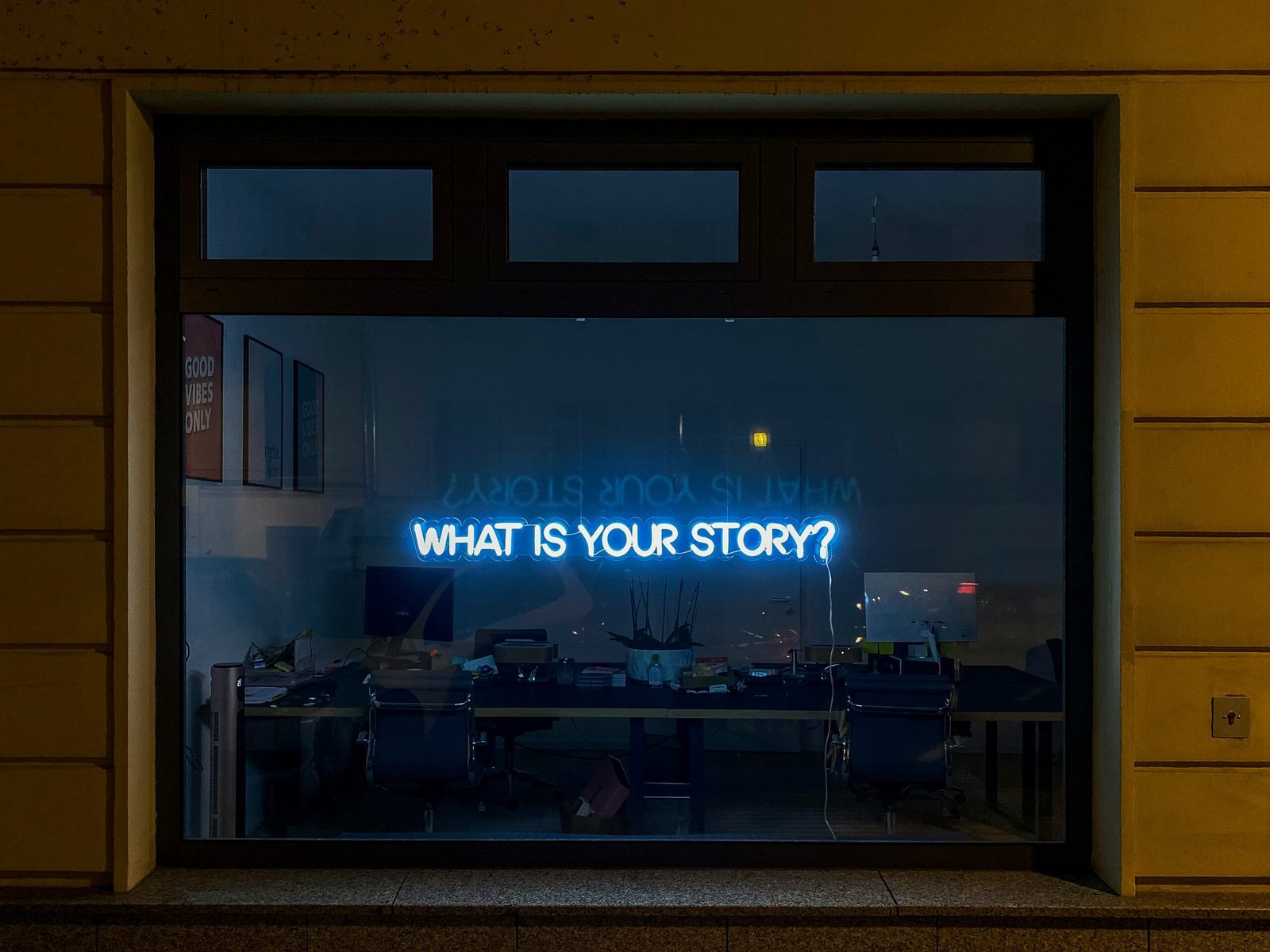
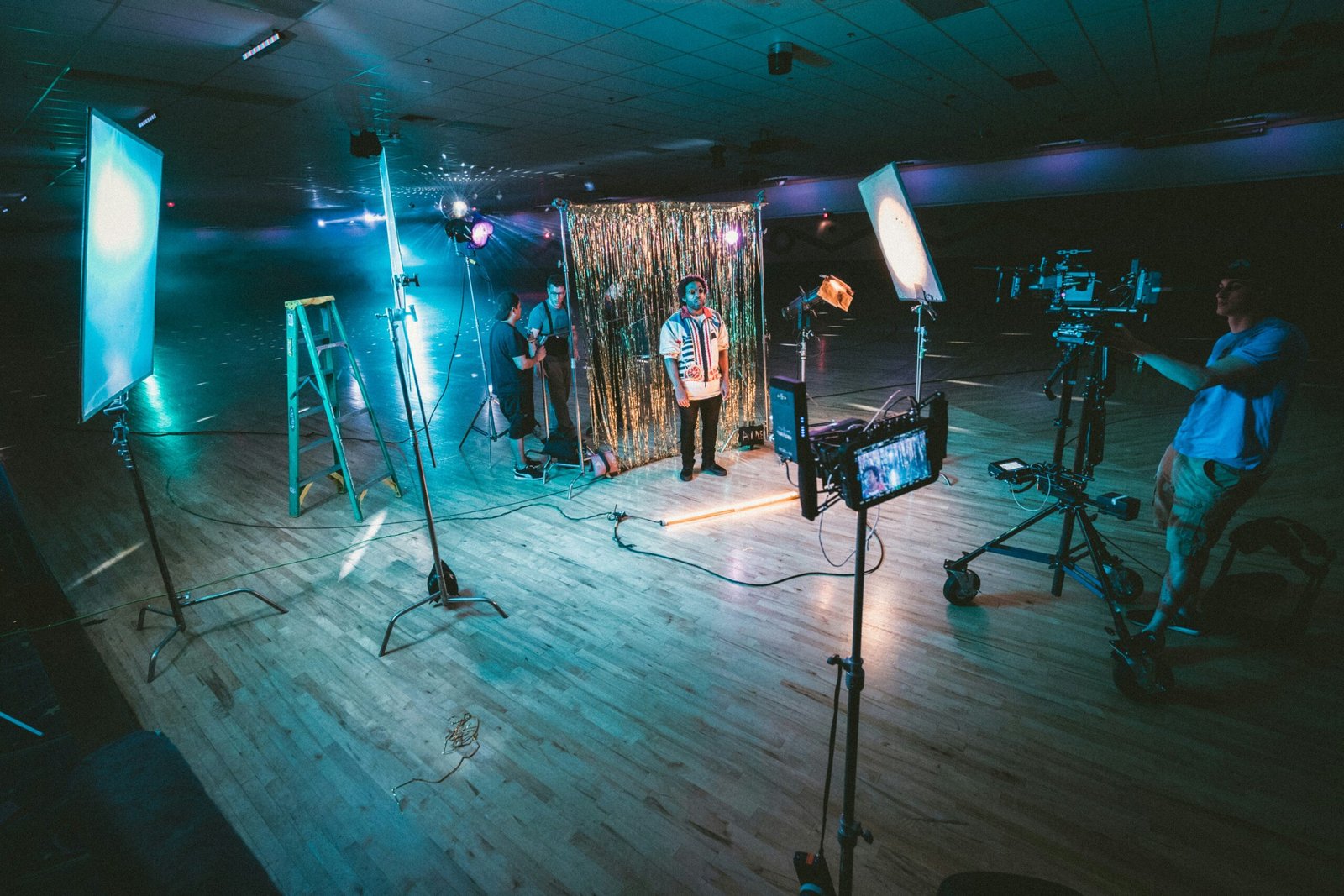

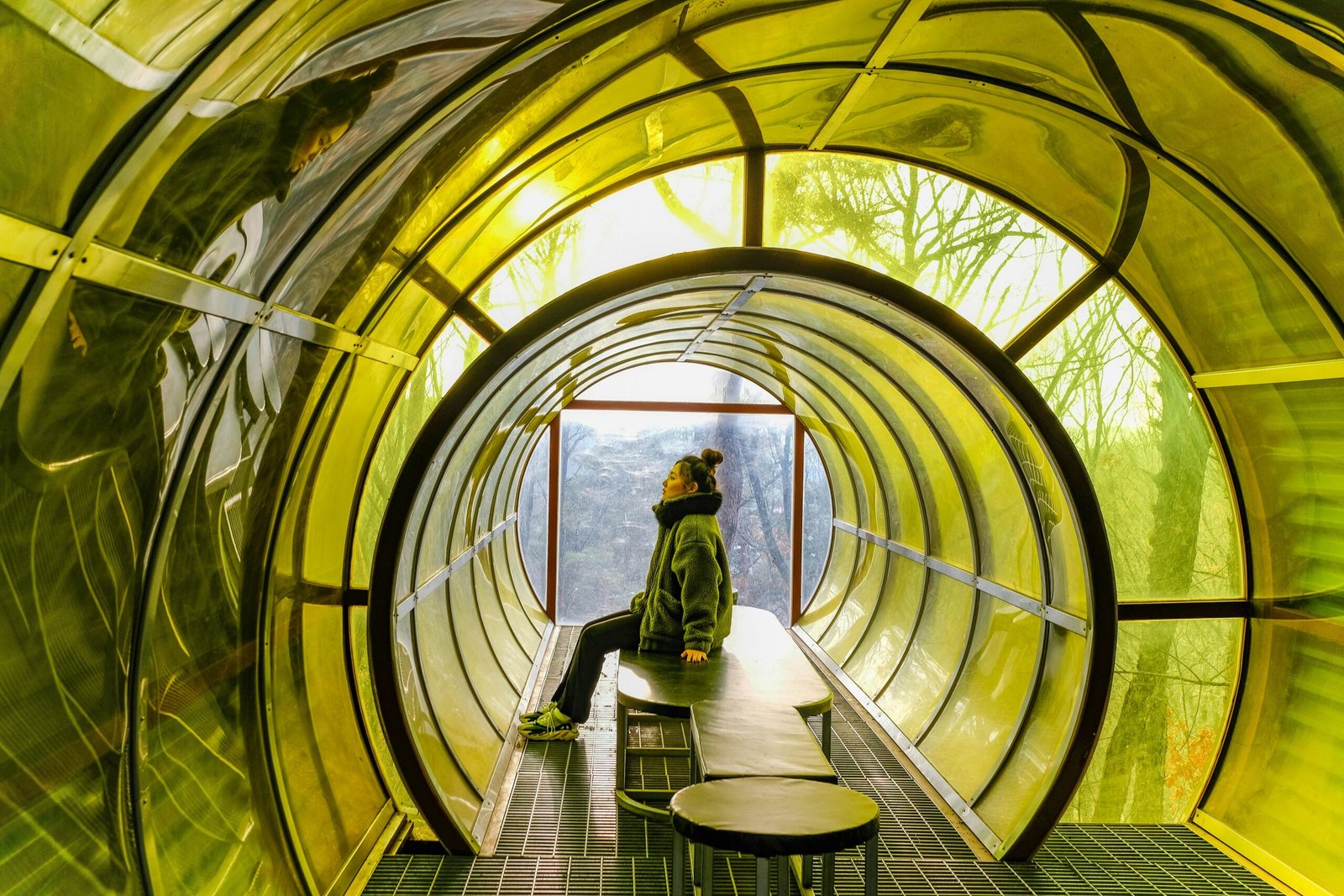
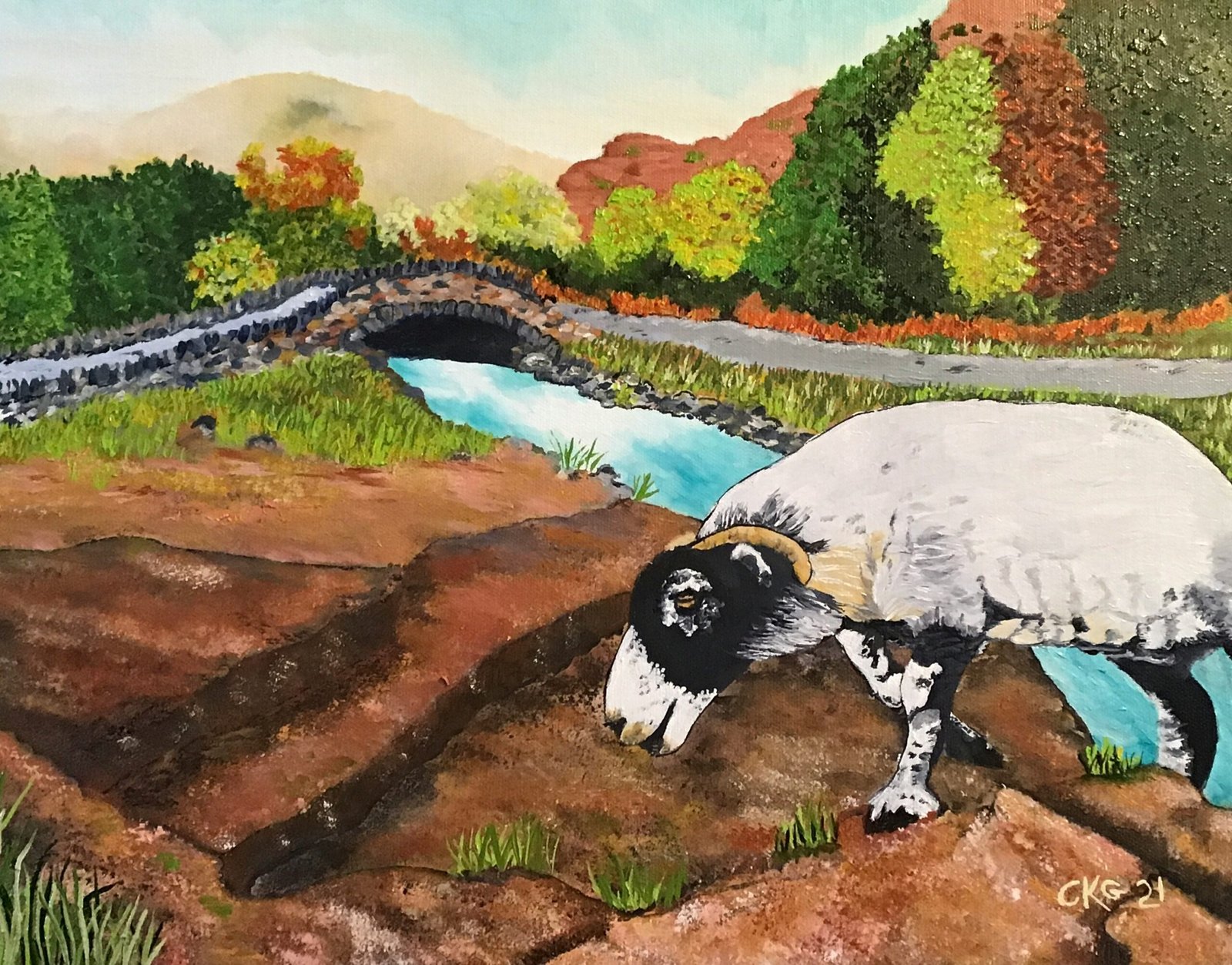

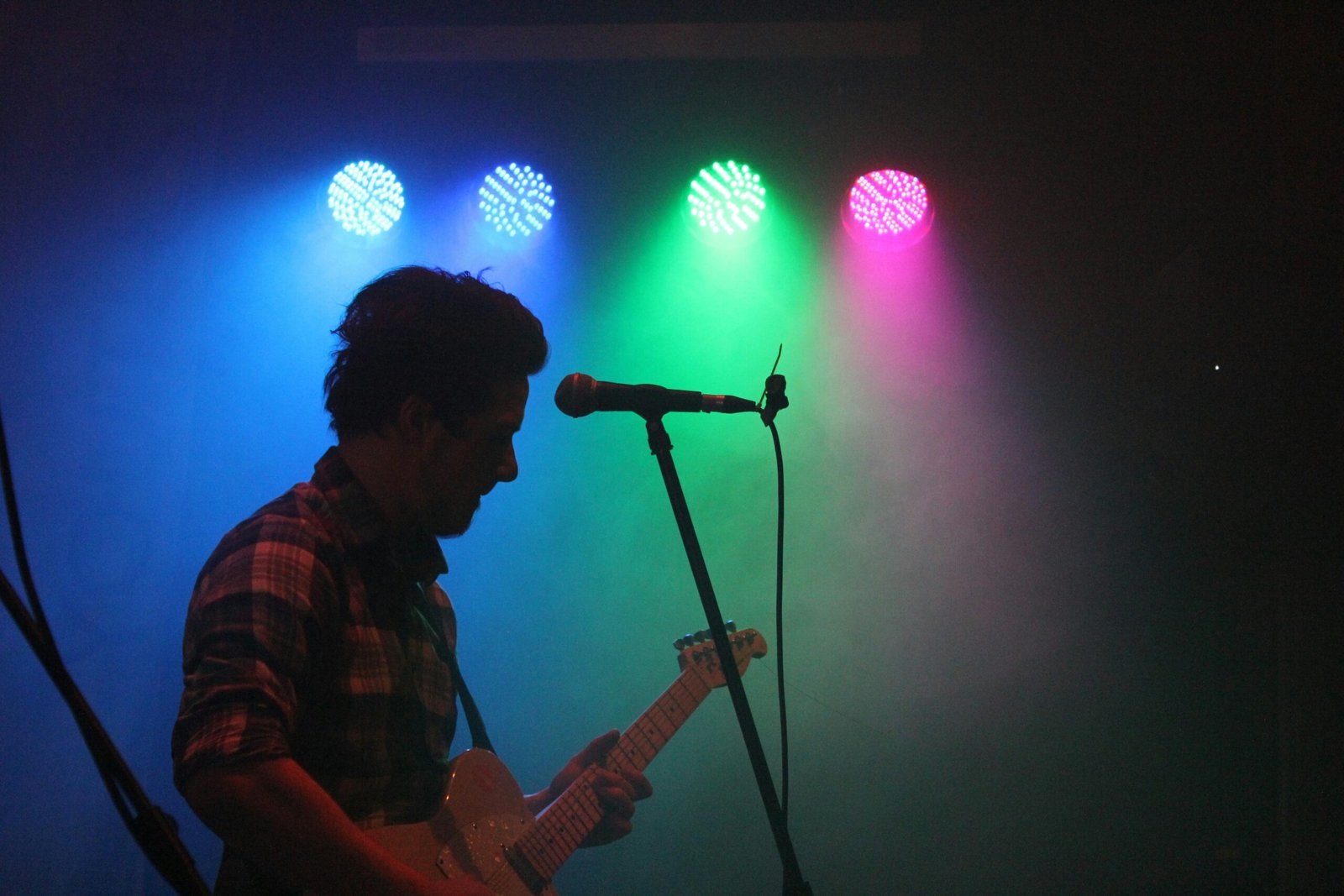
No Comments
Leave a comment Cancel